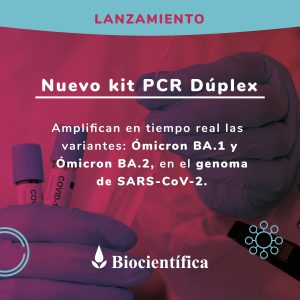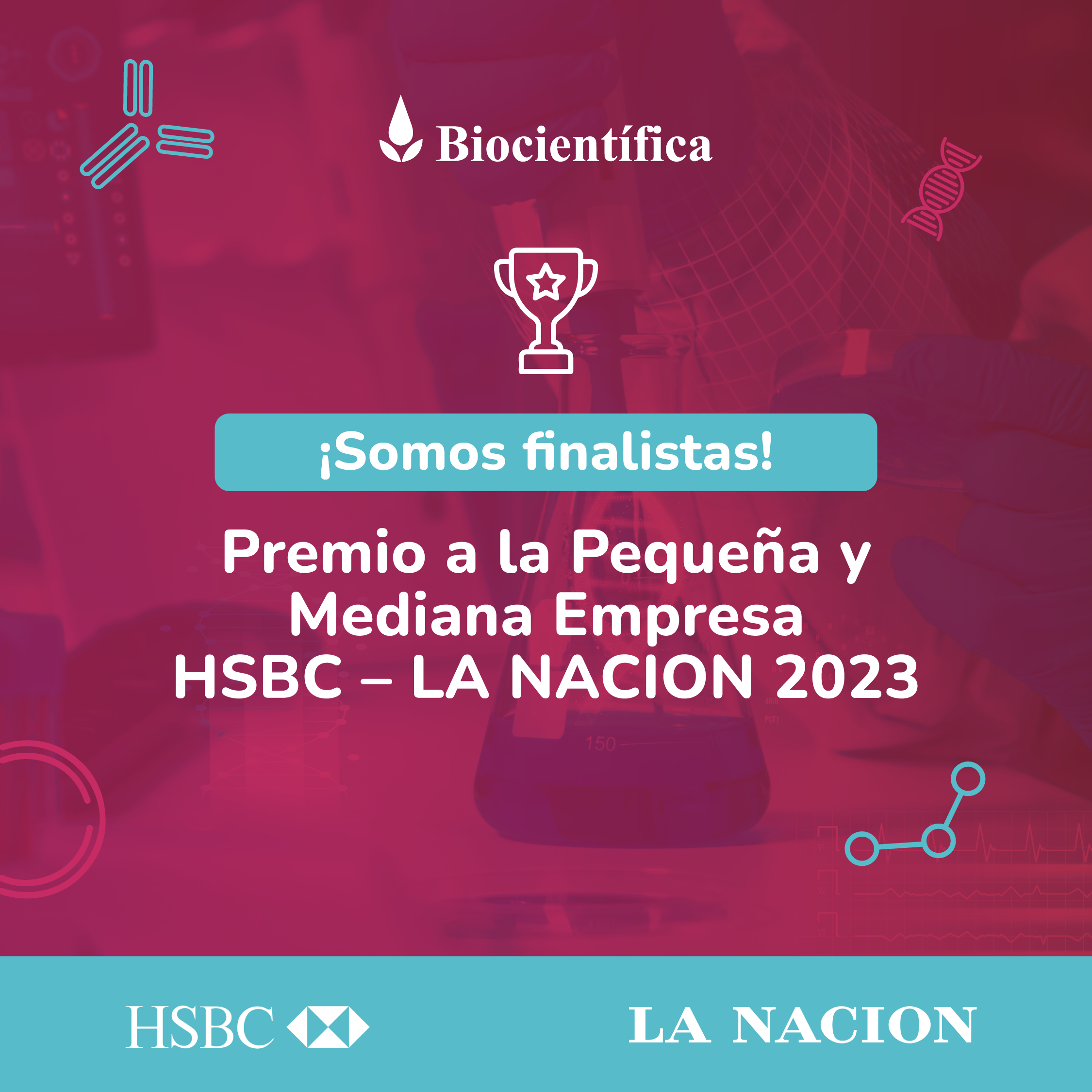On February 29 (or the last day of February) we celebrate World Rare Disease Day to raise awareness about these diseases, aiming to improve access to diagnosis, treatment and medical care.
❓What are these diseases?
👉 Rare diseases are those that occur infrequently in the general population. In Argentina, “rare diseases” are those whose prevalence in the general population is equal to or less than 1 in 2000 people. According to the World Health Organization (WHO), rare diseases are those that occur in fewer than five people per 10 thousand inhabitants and there are more than seven thousand diseases. The number of people affected varies with each disease.
.
👉 They are diseases that present many diagnostic and follow-up difficulties, have an unknown origin in most cases, entail multiple social problems, there are few epidemiological data, pose difficulties in research due scare cases, and they mostly lack effective treatments..
👉 Rare diseases are also characterized by the large number and wide diversity of disorders and symptoms, which vary, not only between different diseases, but also in the same disease that show a wide variety of subtypes. Patients with rare diseases tend to result affected in their physical abilities, their mental abilities, their behavior and their sensory capacity. The severity of illnesses also varies widely: many are life-threatening, while others are compatible with a normal life if diagnosed early and treated appropriately. Knowing these diseases better and promoting their early diagnosis will improve the quality of life of patients and their families.
.
.
.
The importance of an early detection
❗Knowing these diseases better and promoting their early detection allow to improve patients’ and families’ life quality.
❗ Biocientífica S.A. provides laboratory professionals a wide range of in vitro diagnostics of Rare Diseases. . We maintain our commitment to their diagnosis, with kits for the in vitro diagnosis of the following rare diseases*:
| Rare Disease | Diagnostic tests |
| Cystic fibrosis or fibrocystic disease of the pancreas | Determination of 50 cystic fibrosis mutations in patients and relatives by genetic analysis |
| Multiple sclerosis | Determination of anti-ganglioside and anti-myelin-associated glycoprotein antibodies by ELISA |
| Systemic lupus erythematosus | Determination of anti-core, anti-native DNA, anti-SmD1, anti-U1-SmRNP antibodies, SS-A/Ro, SS-B/La, anti cardiolipins, anti beta 2 glycoprotein, anti phosphatidylserine and line immunoassay
. |
| Hereditary angioedema | Determination of anti C1q antibodies by ELISA |
| Scleroderma and Reynaud’s | Determination of anti-core, anti-native DNA, anti-SmD1, anti-U1-SmRNP, anti-Scl-70 antibodies and linear immunoassay |
| Primary immunodeficiency | Determination of IgG, IgA, IgM and IgD by radial immunodiffusion
Determinación de actividad de complemento y de ensayos anti toxoide tetánico por ELISA |
| Amyotrophic Lateral Sclerosis | Determination of anti-ganglioside and anti-myelin-associated glycoprotein antibodies by ELISA |
| Organic inflammatory bowel disease: Crohn’s disease and ulcerative colitis | Determination of calprotectin in feces by ELISA |
| Ataxia | Determination of anti-cerebellum antibodies by indirect immunofluorescence |
| Mixed connective tissue disease | Determination of anti-core, anti-native DNA, anti-SmD1, anti-U1-SmRNP, anti-Scl-70, anti-Jo-1 antibodies by ELISA and linear immunoassay |
| Wilson’s disease | Determination of ceruloplasmin by radial immunodiffusion |
| Alpha 1 antitrypsin deficiency | Determination of alpha 1 antitrypsin by radial immunodiffusion |
| Edwards syndrome (trisomy 18) | Determination of aneuploidies by genetic analysis |
* All the kits are available for the Argentinean market. To consult which products are currently available for worldwide export market please contact us to [email protected]





